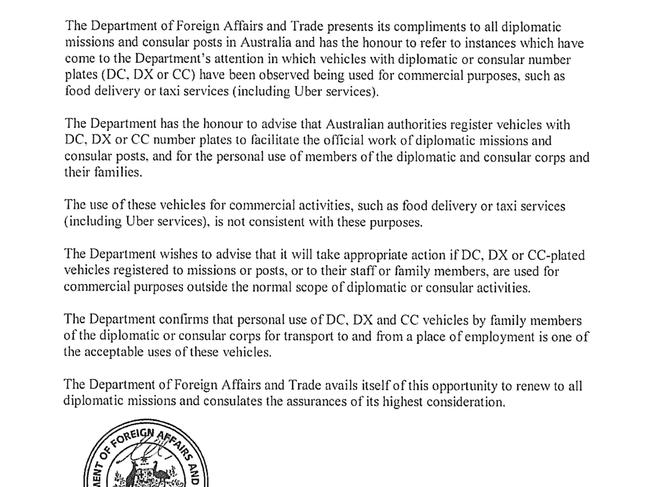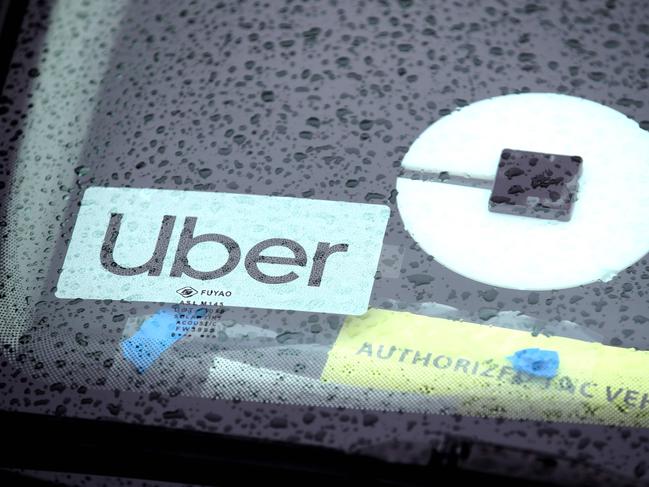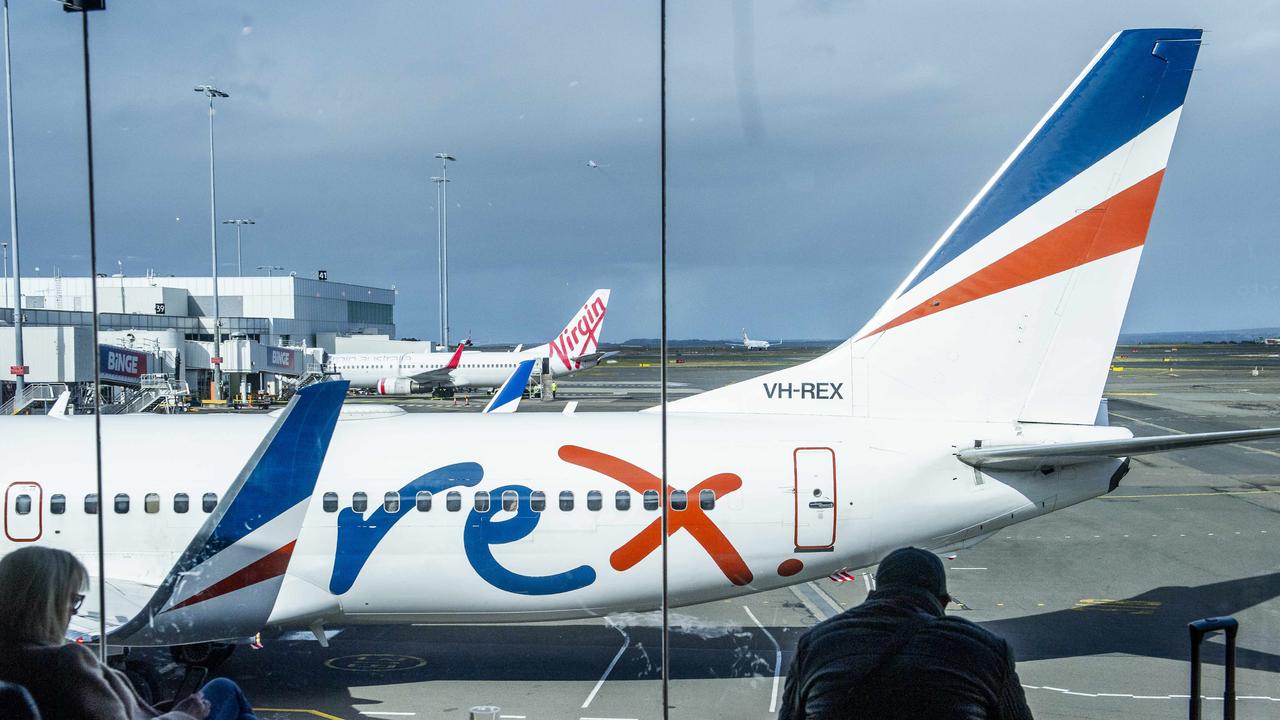Embassy cars being used for Uber, UberEats as DFAT sends angry warning
Diplomatic cars reserved only for foreign government officials in Australia have been caught out in an illegal side-hustle.

National
Don't miss out on the headlines from National. Followed categories will be added to My News.
Exclusive: Diplomatic cars reserved only for foreign government officials in Australia have been caught out in an illegal side-hustle, doubling as ride share and food delivery services.
Uber customers in particular have been shocked to see cars with the special diplomatic number plates starting with letters DC, DX and CC, delivering Uber eats or picking them up as a taxi service.
They have been dobbed in to the Department of Foreign Affairs and Trade (DFAT) for using the vehicles for commercial purposes in breach of diplomatic protocols.
DFAT has issued a warning to all Embassies and Consulates around the country advising consular vehicles must only be used for official work of diplomatic missions, consular posts and for the personal use of members and their families.
“The use of these vehicles for commercial activities such as food delivery or taxi services (including Uber services) is not consistent with these purposes,” the warning said.

DFAT told diplomats it would take action if the cars continued to be used for “commercial purposes” outside the normal scope of diplomatic activities.
News Corp Australia has been told the racket has continued.
There are more than 150 countries represented by foreign embassies and consulates in Canberra and capital cities around Australia and each one can have numerous cars.
Diplomatic cars attract special privileges as do foreign diplomats themselves. For instance they are immune from most criminal prosecutions.
But there are also strict protocols for diplomats.
The DFAT website states” “Members of the Diplomatic and Consular corps may not seek secondary employment or undertake activities for personal gain” which would mean working for ride share and commercial food deliveries.
Dependants of diplomatic and consular officials also cannot work in Australia unless there is a special arrangement in place.

Under the Vienna convention, emissaries posted to other countries are immune from prosecution by local authorities, but the Federal Government asks foreign officials to comply with Australian laws and to follow police directions.
DFAT has not responded to any questions from News Corp Australia about the misuse of the cars for ride-share and food delivery, nor about which countries have been involved.

Ride Share Drivers’ Association of Australia Inc secretary Les Johnson said he believed that using a consular vehicle for ride share was “not legal”.
Mr Johnson said drivers and vehicles had to have numerous licences including a driver’s authority certificate and as the car must also be licenced to operate as a hire car.
“If ever there was an accident, you could be in strife,” Mr Johnson said.
It is understood that ride share platforms, while checking the correct insurances are in place, may not check the actual registration/licence plates on the cars.
A spokeswoman for Uber said in Australia the safety policy requires vehicles to be less than 10 years old, in execllent working condition and have third party insurance, be reinspected each year subjct to state regulations and have a 5 star ANCAP rating.
“Driver-partners must hold a full drivers’ licence be listed on the vehicle they plan to drive and pass a criminal record and motor vehicle records check,” she said.




